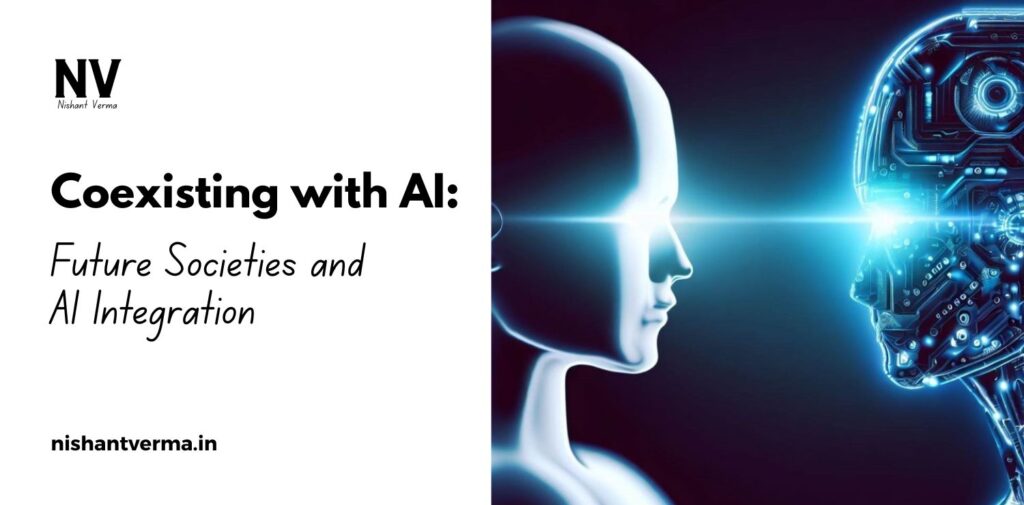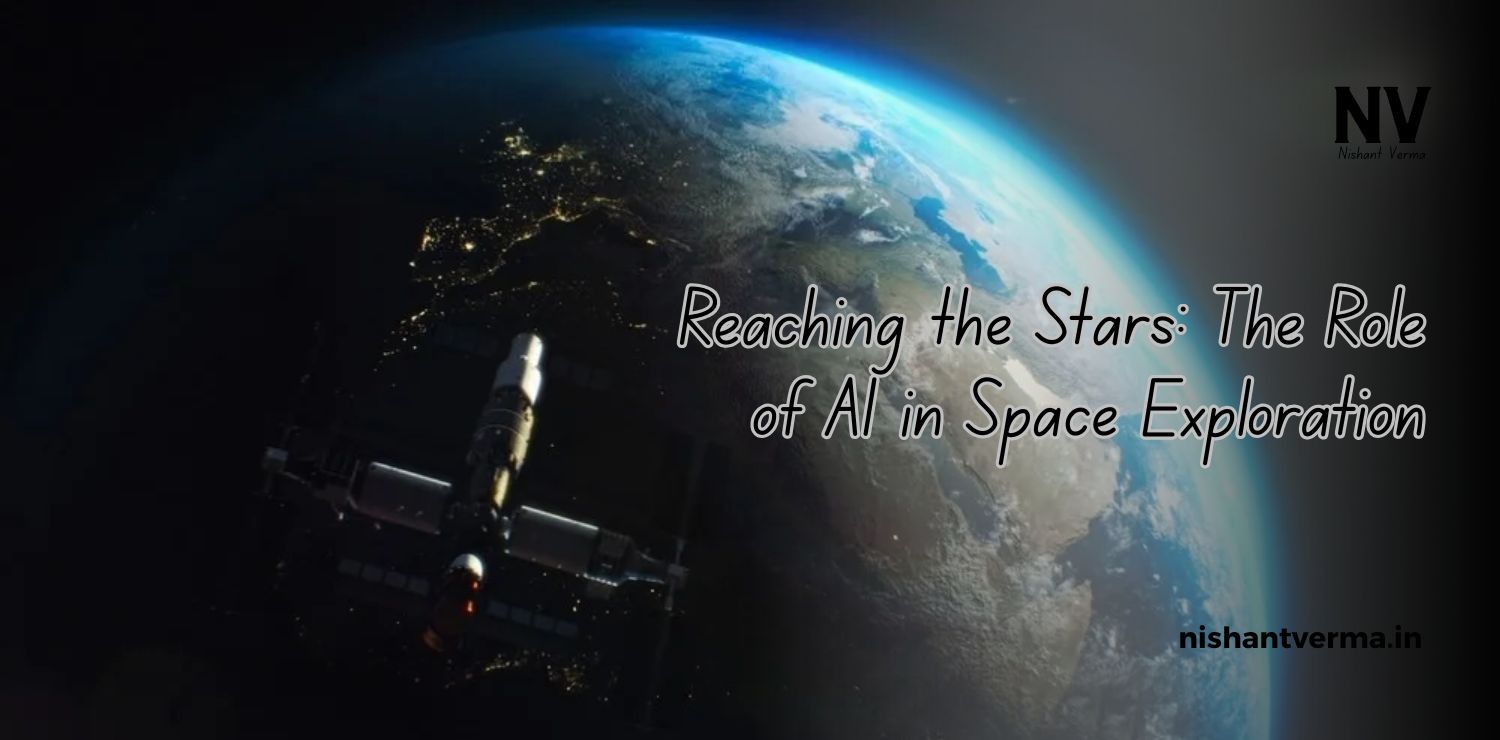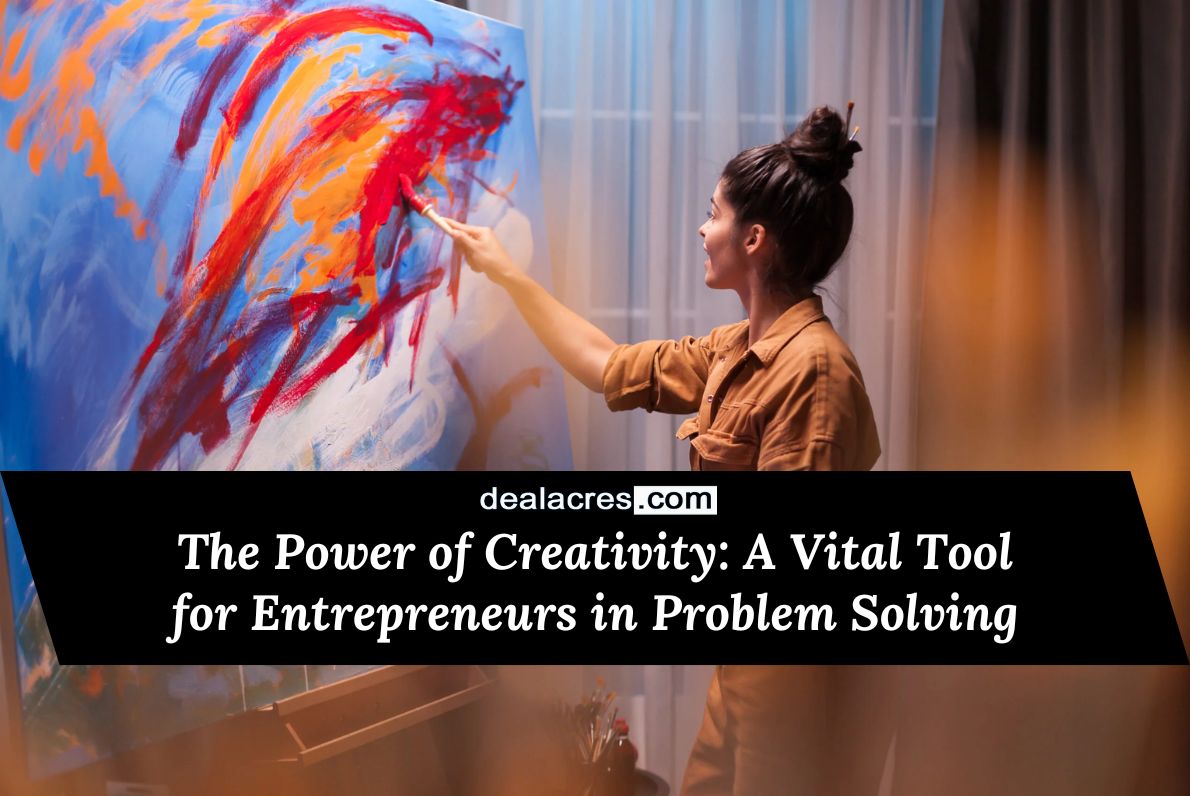Artificial Intelligence (AI) is no longer just a concept from science fiction movies. It is now part of our everyday lives, whether we notice it or not. From the apps we use to order food, to the voice assistants in our smartphones, AI is everywhere. But the big question is: how will we coexist with AI in the future? And more importantly, how will societies like India adapt and grow with it?
This article will help you understand how AI is becoming a part of our lives, how it will impact our jobs and daily routines, and what we can do to prepare ourselves for a future where humans and AI work together.
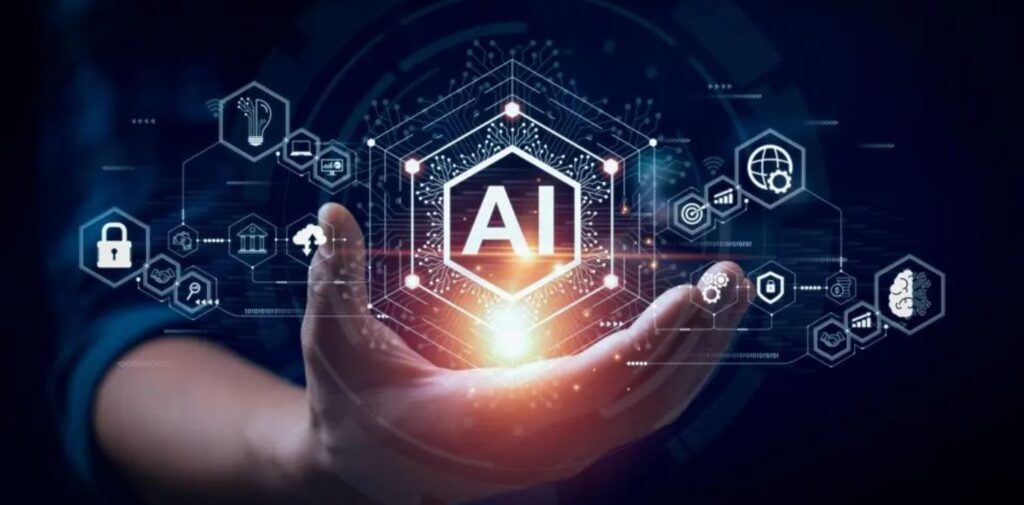
Understanding what AI really is
Artificial Intelligence, or AI, means machines or software that can think and learn like humans. It’s not magic or some robot taking over the world. It’s technology that can analyze data, make decisions, solve problems, and sometimes even talk or behave like a person.
In India, we already use AI without realizing it. When you use Google Maps to find the fastest route, or when YouTube suggests a song you might like, AI is working in the background. Even customer support chats on many websites are now handled by AI chatbots.
How AI is changing everyday life in India
AI is silently becoming a big part of our daily lives. In cities like Bengaluru, Hyderabad, and Mumbai, many startups and big companies are building AI tools. Even in smaller towns, AI is being used in areas like education, farming, healthcare, and banking.
For example, in farming, AI is being used to predict the right time to sow seeds based on weather data. In healthcare, AI helps doctors detect diseases like cancer more accurately. In education, personalized learning apps use AI to help students learn better by understanding their weak areas.
Even Indian government services are adopting AI. The ‘MyGov’ app uses AI to understand what people want and to provide faster services. Many railway systems are also testing AI for smoother operations and better passenger experience.
The impact of AI on jobs
One of the biggest concerns about AI is job loss. Many people worry that if machines start doing human work, there won’t be enough jobs left for everyone. This concern is real, but not the full picture.
Yes, some jobs will go away, especially those that are repetitive or routine-based, like data entry or simple customer service. But at the same time, AI will also create many new jobs – jobs that require creativity, decision-making, and emotional intelligence – things that AI cannot do.
In India, where millions of young people are entering the job market every year, it’s important to focus on skill development. Skills like data analysis, coding, machine learning, and even digital marketing are becoming more valuable.
The government is also promoting AI-based learning through programs like Digital India and Skill India. If students and workers upgrade their skills, they can find better opportunities in the future job market.
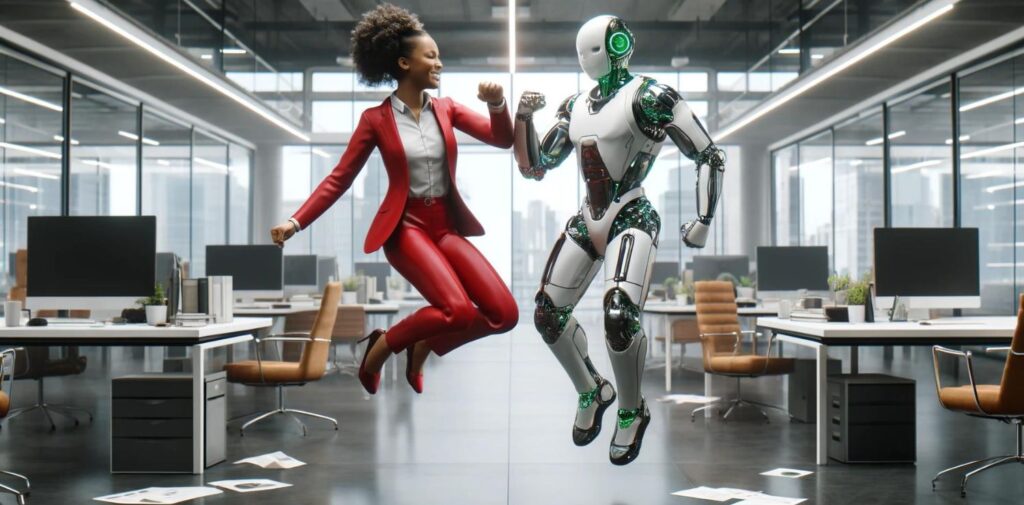
Can humans and AI work together peacefully?
The future is not about humans vs machines. It is about humans with machines. AI is not here to replace us but to support us.
Imagine a doctor using AI to get faster and more accurate reports. Or a teacher using AI tools to make learning fun and effective for students. Even a farmer using AI apps to decide when to water crops or use fertilizer. These are examples of collaboration between humans and AI.
In future societies, especially in India, where we value human relationships and emotions, AI will act as a helper, not a boss. The idea is to use AI to remove unnecessary work, so people can focus on things that matter more – creativity, innovation, and connection.
AI and Indian culture: A unique relationship
India has a unique cultural approach to technology. We are a country where spirituality, tradition, and technology often go hand in hand. When the internet came, many said rural India wouldn’t accept it. But today, even in villages, people use smartphones for education, payments, and entertainment.
Similarly, AI will be accepted in our own Indian way. It will be used in temples for managing queues or for helping devotees with information. It might be used in Panchayats for better record keeping and planning. The point is – AI will not replace Indian culture. It will blend into it.
Our movies, music, and literature may also start using AI in new ways. Already, some Bollywood songs are using AI tools to mix music or correct voices. In the future, Indian artists may use AI to create stories or visuals that were never possible before.
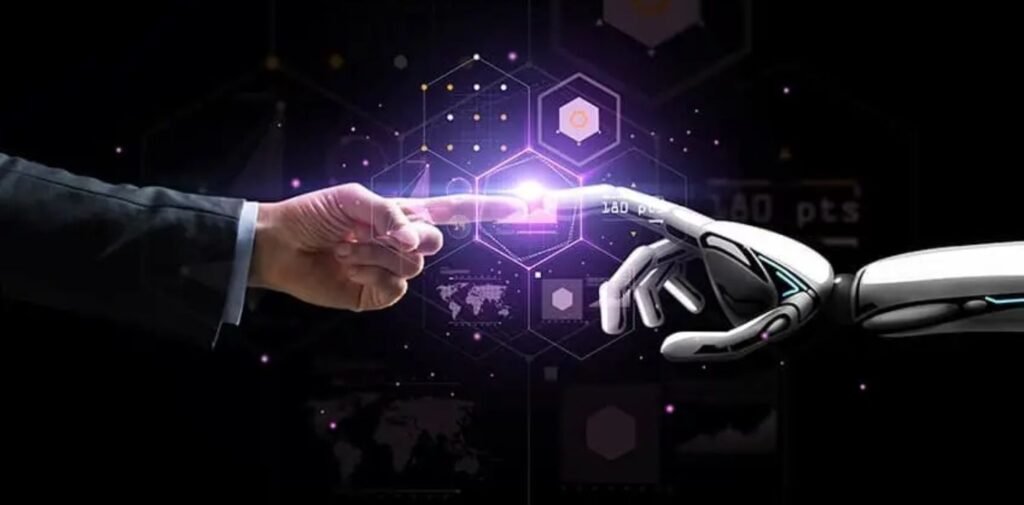
How to prepare for the future with AI
So what should we, as Indian citizens, do to prepare for a future with AI?
First, we should not fear AI. Like any technology, it can be used for good or bad. The key is awareness. We must educate ourselves and others about what AI is and what it is not.
Second, we should focus on learning new skills. Young people should consider careers in AI, robotics, data science, and related fields. Even if you are not from a technical background, understanding how AI works can help in almost any profession – from teaching to business to agriculture.
Third, we must make sure that AI is used ethically and fairly. AI should not lead to discrimination, invasion of privacy, or harm to any group. Government, companies, and citizens must work together to create rules and values around AI use.
Finally, we should make sure that AI benefits everyone, not just a few. Whether it’s a student in a metro city or a farmer in a remote village, AI should reach all corners of India. Only then will AI truly help build a better and more equal society.
The road ahead: A hopeful future
India is at a turning point. With one of the world’s youngest populations and a growing digital network, we are in a strong position to lead in AI innovation. Indian startups, scientists, and students are already making their mark globally in the AI field.
If we prepare ourselves wisely, the future with AI will be full of opportunity. Our children might grow up learning with AI tutors, consulting AI doctors, or even creating their own AI tools. The possibilities are endless.
AI is not here to take away our future – it is here to shape it with us. By staying informed, skilled, and ethical, we can build a future society where humans and AI truly coexist in harmony.

